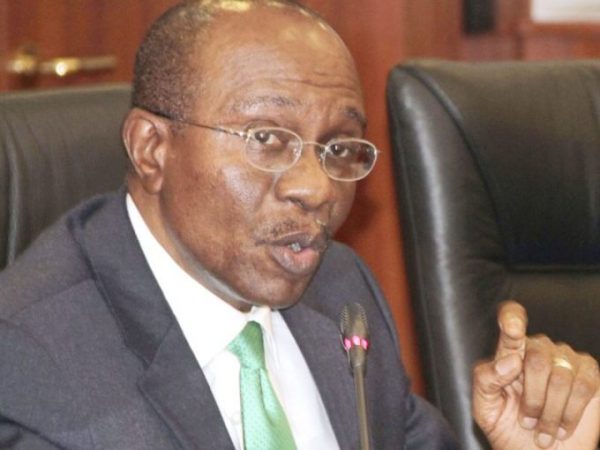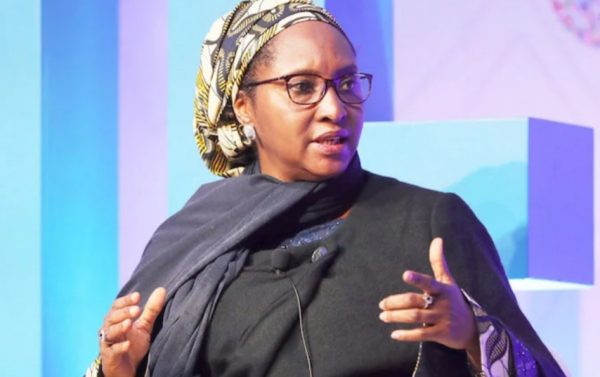E-bills payment rises by 86%, reaches N444.16bn
 The payment of bills electronically almost doubled from January to May this year, compared with the same period in 2019.
The payment of bills electronically almost doubled from January to May this year, compared with the same period in 2019.
Analyses of the latest data from the Nigerian Interbank Settlement Scheme indicated that the use of digital financial transaction platforms for the payment of utility bills and other subscriptions in the first five months of the year hit N444.16bn.
This is 86 per cent increase from N238.81bn recorded from January to May 2019.
However, further analyses of the data indicated that the volume of electronic payment of bills such as electricity bills, tax payments, toll payments, cable TV subscriptions, hotel bookings, school fees and airtime top-up, among others, declined by 30 per cent.
The volume of e-bills payments from January to May this year was 373,652 compared to 530,941 in the corresponding period in 2019.
The payment of bills are usually fulfilled via different digital platforms such as mobile apps, Point of Sale terminals, USSD channels and NIBSS Instant Payment platform.
In January this year, bills valued at N92.75bn were paid online, representing 86 per cent increase from N49.76bn paid in January 2019.
In February 2020, e-bills valued at N78.38bn were recorded, indicating 74 per cent growth from N44.95bn e-bills paid in February 2019.
In the following month, the value of e-bills carried out via digital payment platforms reached a peak of N107.06bn, showing a 128 per cent growth from N46.93bn in March 2019.
During the lockdown in some states, payment of bills online hit N85.67bn in April, representing 79 per cent rise in the value of e-bill transactions compared with N47.86bn recorded in April 2019.
In May 2020, bills worth N80.29bn were paid digitally, showing a 65 per cent increase from N49.31bn recorded in the corresponding month in 2019.
As the drive to reach 80 per cent financial inclusion target by 2020 given by the Central Bank of Nigeria intensifies, more PoS terminals are being issued for super agents to extend the reach of financial services to remote areas where banking services are not available.
Speaking at a virtual event recently, the Head, Digital Financial Services, CBN, Stephen Ambore, stated that recent figures showed that 36.6 million Nigerians were excluded from access to financial services, including pension and insurance.
According to him, the industry started from 58 per cent financial inclusion in 2012 and is targeting 80 per cent inclusion by the end of 2020.
He said, “What that means is that we want to improve the penetration of payments by 70 per cent this year. Improve credits to 60 per cent, improve insurance by 40 per cent this year.”
According to Ambore, the CBN revised the national financial inclusion strategy and provided a level playing field for the provision of financial services in order to attain 80 per cent financial inclusion by the end of the year.
He said through the Shared Agent Network Expansion Facilities initiative, the apex bank was looking to expanding the digital payments access points from zero to 500,000 by the end of this year.







